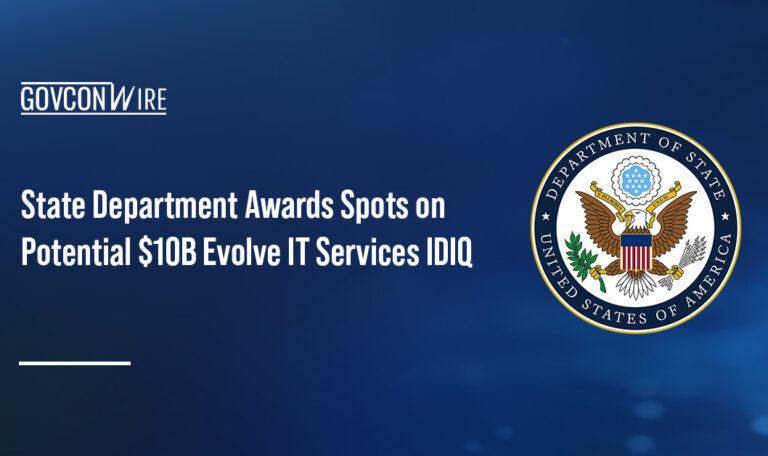The Federal Reserve Board issued a discussion paper outlining the potential benefits, risks and policy considerations for a U.S. central bank digital currency.
The paper titled “Money and Payments: The U.S. Dollar in the Age of Digital Transformation” includes a discussion of existing forms of money, the current state of the U.S. payment system and challenges facing the system and digital assets that have come out in recent years, such as stablecoins and other cryptocurrency.
The paper describes CBDC “as a digital liability of the Federal Reserve that is widely available to the general public” and looks into the potential of CBDC in meeting future demands and needs for payment services, improving cross-border payments and preserving the international role of the U.S. dollar.
The document also analyzes how a CBDC could alter the structure of the U.S. financial system, affect monetary policy implementation. Other policy issues raised in the report are consumer privacy and data protection, prevention of financial crimes, operational resilience and cybersecurity.
“We look forward to engaging with the public, elected representatives, and a broad range of stakeholders as we examine the positives and negatives of a central bank digital currency in the United States,” Federal Reserve Chair Jerome Powell said.
The board is asking the public to offer responses to a list of 22 questions as it works to evaluate a potential CBDC. Responses are due by May 20.
_ _
The paper, which market observers have anticipated since May 2021, is adding significant uncertainty to the cryptocurrency marketplace for several reasons. Most significantly, the paper hints that the Fed may compete against crypto in the future with a central bank digital currency.
Competition and regulation from the Fed are now impacting a market that, since its inception, has been unregulated and free from competition with the Federal Reserve Bank.Another significant concern impacting the crypto marketplace is that the Fed is considering regulating the marketplace.
The crypto market has been impacted significantly in the past by government announcements. Specifically, China has put policies in place to restrict crypto and cryptomining within the country severely and has already rolled out its CBDC.
Russia is now moving in that same direction and creating uncertainty in the market. This week, the Russian central bank’s announcement regarding its plans to restrict digital currency has had less impact than what was realized from China’s announcement previously. This is because they control approximately 50 percent of the world’s bitcoin mining at the time of China’s announcement. The Chinese restrictions caused the mining operations to become distributed worldwide, limiting any particular comfort on the country’s ability to impact or control the macro mining of bitcoin. Russia’s bitcoin mining share is estimated to be roughly 10 percent.
These developments come as sustainability is gaining significant attention from the global community due to the substantial electricity consumption required to run the bitcoin and crypto networks globally. Even the world’s richest man, Elon Musk, has weighed in on this issue previously, creating an impact on crypto markets at the time.
Parties concerned about the potential impacts of a CBDC on market activity and national security will want to attend the upcoming Potomac Officers Club forum. Click on the banner to learn more about this timely event.

National Cyber Director Chris Inglis will headline the event to overview the nation’s plan for regulation as the electronic form of money seeks wider relevance in the global financial system. The event will have a fireside chat session with Juan Zarate, global co-managing partner and chief strategy officer at K2 Integrity; and Michael Saylor, CEO of software company MicroStrategy and an advocate for the “Bitcoin Standard.”
Register now to join the Jan. 27 forum and gain the opportunity to learn about trends related to digital currencies.















